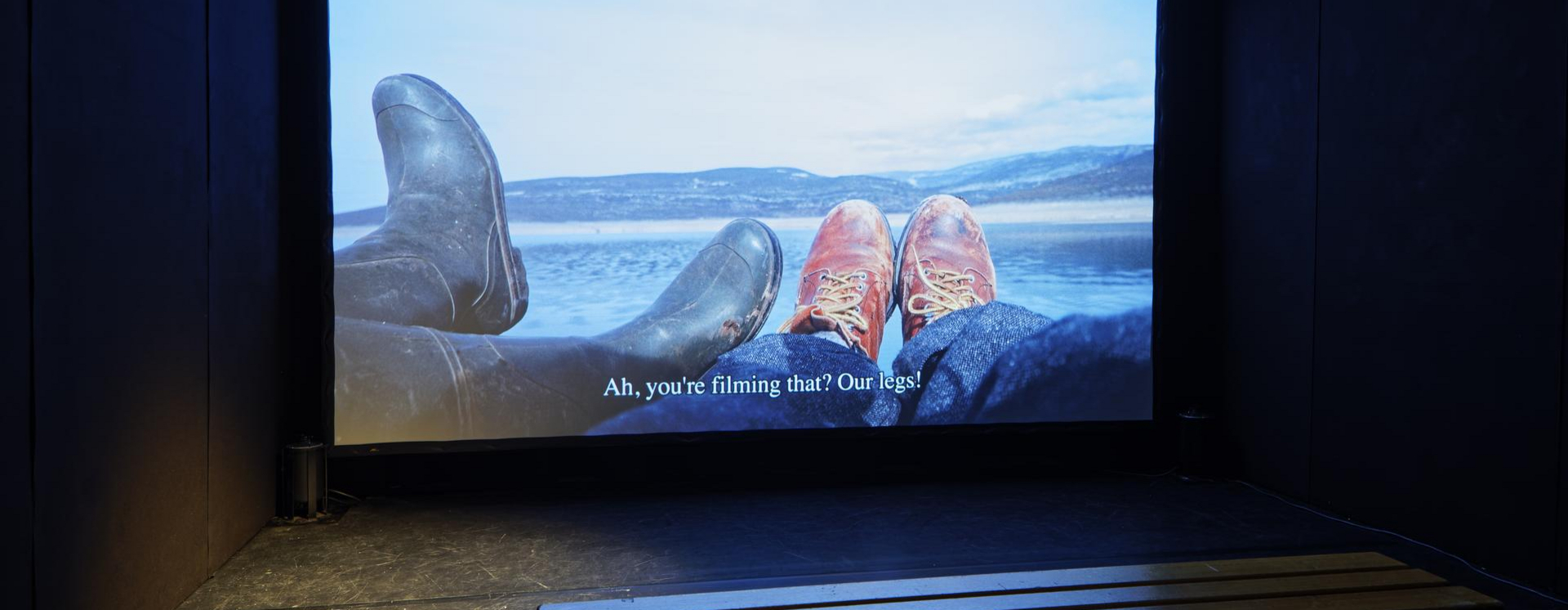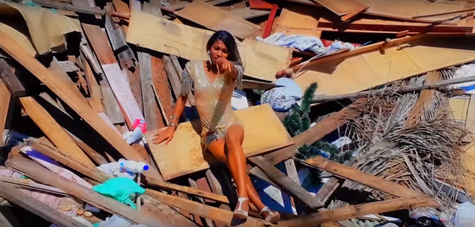To look and to produce images do not merely confront us with a set of visual representations. Rather, painting, photography, film, video, etc., need to be understood as complex heterarchical systems, in which colonialism, patriarchy, capitalist-neoliberalism, racism and heteronormativity, among other systems of exclusion, are closely entangled with each other –in the forms of images from the past, as made available by archives, or from the present, as presented by media and art.
In this context, how to discuss our own place of speech (epistemic, political, ethical)? How to challenge our notions of The Other(s)? Can we imagine something beyond a fictional idea of a “universal”, and aim for a “pluriversal”? Which images have we left behind in the narration of our (hi)stories?
In trying to answer some of these questions, the work of some Latin American artists dealing with an heterarchical and decolonial perspective will be discussed. By reflecting on the complex regimes of power images have been based on, we can not only analyze and denounce them, but mainly understand the process through which they have built a History of inequality. And far from expecting the mere replacement of one history for another, we could dare to ask: can empowering hope for something different than to seize power?
About Mariela Cantú
Mariela Cantú is an archivist, researcher, curator, professor and artist, dedicated to the audio-visual arts. Cantú holds a Master’s degree in Preservation and Presentation of the Moving Image (Univ. of Amsterdam), and she has created the project Arca Video Argentino, an archive and database of Argentine video art. She has undergone specific training at Associação Cultural Videobrasil (São Paulo, Brazil), the Film Preservation and Restoration School Latin America (CINAIN, Cineteca de Bologna, L’Immagine Ritrovata and FIAF in Buenos Aires, Argentina), and at the Lab La Camera Ottica, on analog video restoration (Gorizia, Italy). She has been curator and coordinator of several exhibitions related to the contemporary audiovisual arts, and her editorial activities include writings and the compilation of publications about the audiovisual arts. As an artist, she has been awarded and selected for different national and international exhibitions and festivals.

